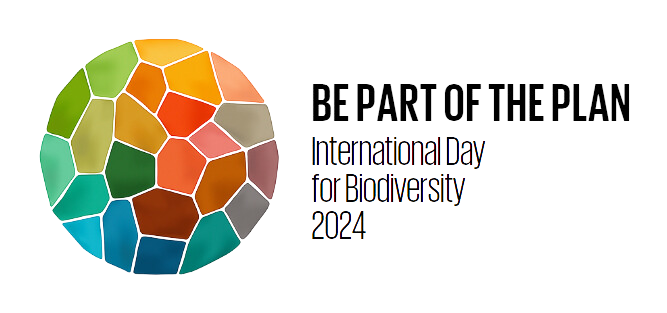
Take inspiration
Non-state actors play a crucial role within the framework of global environmental governance. Many have contributed to the consultations that shaped the Kunming-Montreal Global Biodiversity Framework (the Biodiversity Plan). Following its historic adoption at COP 15 of the Convention on Biological Diversity in December 2022, non-state actors around the world continue to underpin the world’s transition from agreement to action.

Disclaimer: What follows is a non-exhaustive compilation of contributions and perspectives of non-state actors that do not necessarily represent the views of the United Nations and the Secretariat of the Convention on Biological Diversity.
Communication, Education and Public Awareness (CEPA)
CEPA initiatives contribute to the implementation of the four goals of the Biodiversity Plan.
- The Earth Journalism Network (EJN) is offering reporting grants to support the production of in-depth stories that highlight previously untold threats to global biodiversity or explore new conservation-based solutions.
- IUCN-Japan has created a Japanese-language website dedicated to the Biodiversity Plan.
- World Wildlife Fund (WWF) is offering an explainer on the Biodiversity Plan to its global following.
Advocacy
- IUCN presents its proposal for a specific article on “Biodiversity Aspects” in the Plastics Treaty under negotiation.
- WBCSD’s Roadmap to Nature Positive provides business guidance to ensure that agrifood systems contribute to halting and reversing biodiversity loss by 2030.
- Wetlands International calls for the upscaling of wetland conservation and restoration through the National Biodiversity Strategies and Action Plans (NBSAPs), which constitute vehicles for the implementation of the Biodiversity Plan.
- Wildlife Conservation Society (WCS) has published several papers on the implementation of the Biodiversity Plan, including recommendations on the monitoring framework that will gauge the countries’ progress in pursuing the 23 targets.
Action
- Conservation International is working on expanding nature-positive economies, including by establishing viable linkages between sustainable production and nature conservation.
- The Nature Positive Initiative supports the full implementation of the Kunming-Montreal Global Biodiversity Framework by governments and other stakeholders.
- The Université Laval's Graduate School of International Studies (ESEI) has convened an international Symposium focusing on the nexus of sustainable agriculture, food security and biodiversity protection.
- The high-level Nature Positive Tourism Partnership, which brings together the World Travel & Tourism Council (WTTC), the World Tourism Organization and the Sustainable Hospitality Alliance, has produced the Nature Positive Travel & Tourism in Action report presented as “the sector’s pledge” to support the implementation of the Kunming-Montreal Global Biodiversity Framework and to empower tourism businesses to become stewards of nature.
- Through Greening the Blue, the United Nations strives to be part of the Plan by reducing the global footprint of its operations on nature.
Note to readers: If you would like your work to be featured on this special IDB 2024 page, please send a description of your contributions with a link to the relevant page of your website to sean.baker@cbd.int